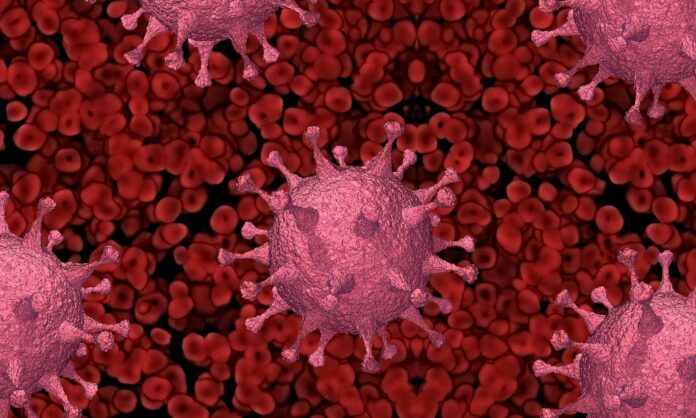Since the end of the past year, a number of countries have started their coronavirus vaccine programs in order to build widespread immunity to end the pandemic. Now, more good news regarding the decrease in mortality rates may further increase hopes of the crisis resolving in the summer of this year.
A new study published in the journal Anaesthesia not only highlights the decrease in the number of deaths related to coronavirus infection in patients admitted to Intensive Care Units (ICUs) but also an increase in survival rates.
After an examination of forty-three thousand patients hospitalized due to coronavirus complications, the researchers found that the percentage of deaths from March to October of 2020 has decreased from sixty percent to thirty-six percent.
As of now, the mortality rates differ in continents. In Europe, the percentage is thirty-three percent while in North America, the rate is forty percent. South Africa has the lowest rate among all with only eighteen percent deaths.
Also Read: Avoid Gatherings Even After Getting the Coronavirus Vaccine – Experts Warn
On the other hand, North Africa and the Middle East currently have the highest death rate of sixty-one percent. While it still remains high in some parts of the world, the global number of deaths has gone down even if there have been multiple outbreaks following the holiday season.
The primary reasons for the decreasing death rate are improved management and treatment methodologies specifically for people with serious COVID-19 complications.
For instance, the use of existent drugs including remdesivir and hydroxychloroquine has been found to have no impact on the infection. Instead, the use of steroids such as dexamethasone has been noted to be effective in patients who require mechanical support or are oxygen-dependent.
The overall better understanding of the infection may make it easier to control in the future even if it becomes endemic. However, the rise of new strains can stop any progress over the virus.
Recent reports on the virus have shown that it has mutated and become more contagious. In addition, a few studies have also linked the new strains to a higher mortality rate.
Currently, two new variants of the virus have been detected which are the UK strain and the South African strain. According to experts, the mutations in the variant may South Africa are a bigger concern.
This is because the mutations may make the newly approved vaccines against the infection ineffective. Although there is no evidence to show that they do not work on the strain, it is still a possibility.
Moreover, there is also a possibility that any new variants in the future may be resistant to the vaccine if not this one. This is why the emergence of new strains is a concern.
For the time being, it is still important to get vaccinated and strictly follow guidelines by the U.S. Centres for Disease Control and Prevention as it will effectively help in keeping the progress over the pandemic and preventing new outbreaks of the infection in the coming weeks.




